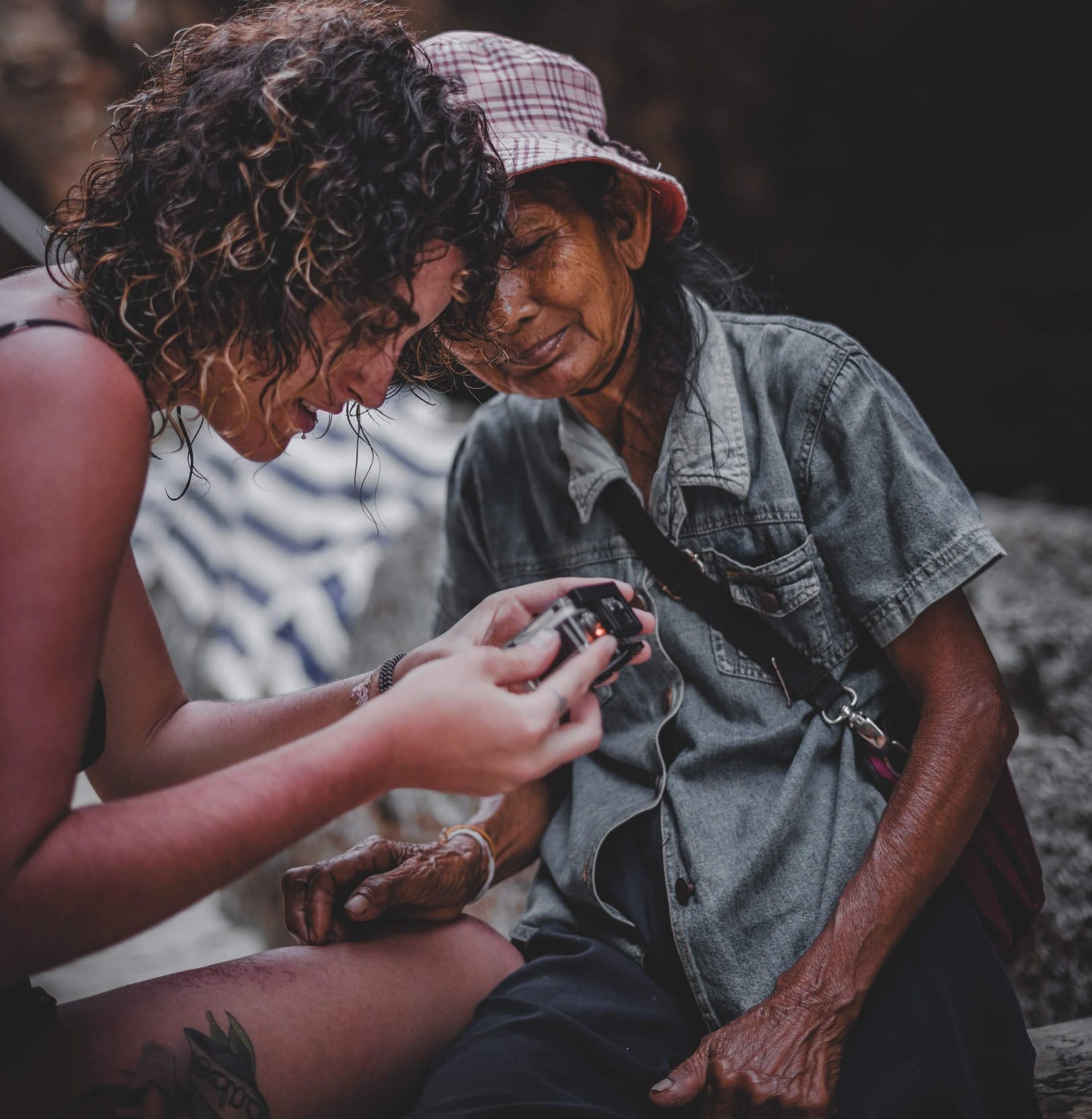Apart from the public utility there are public subsidies that NGOs can apply for. As set out in article 31 of Organic Law 1/2002, public administrations are required to help in the development of NGOs. The law provides such aid in an ambiguous and very flexible way, so that the aid can be understood as technical advice, providing public spaces, material resources and so on.
However, the vast majority do so by allocating part of their financial resources to non-profit entities. But as the law does not establish anything in particular regarding economic benefits, the subsidies and requirements vary greatly depending on the territorial administrations and the political decisions of the moment. In this case, there are, on the one hand, the State, the Autonomous Communities, provinces or town councils and, on the other hand, there are the supranationals, for example, the European Union.
A key aspect, as in the application for public utility, is the registration of the activities carried out by the entity and compliance with the deadlines for applications.
When focusing on one of the following public administrations for the pertinent procedure, it must be taken into account that the subsidies to which your NGO can access will depend, on the one hand, on its territorial scope of action and registration and on the other, it’s goals or purpose.
State-level grants (Grants to NGOs)
The state administration is divided into ministries (departments) and again into State secretaries and General Directorates. As an example, the Ministry of Labor and Social Affairs is divided into General Directorates and Institutes of similar status, such as: General Directorate of Social Action, The Minor and the Family; Institute of Youth, Institute for Women; National Institute of Social Services…
- To be more specific regarding the objective of the entity and the required subsidy, it is recommended to go, call or contact in some way with the General Directorates.
- Public notice for grants from the State Administration are published in the BOE. Several lots are published each year, it will depend on the goals pursued by your entity.
- They usually require the applying organisation to have a scope of action in two or three Autonomous Communities
- The application procedure is highly complex, but the amounts are significant.
- They also have a preference for federations, cooperatives or large entities, as opposed to small NGOs that have no interest in coordinating with other entities.
Subsidies at the level of the Autonomous Communities.
Depending on the Autonomous Community, the characteristics and requirements for applications can vary a lot. The same can apply (although to a lesser degree) to the different departments (Economy, Health, Social Services, etc.) of the same Autonomous Community.
- As at a state level, it is convenient to contact the various councils of the Autonomous Community directly.
- The notices are published in the official B.O.E of the Communities. Every year there are several notices for public aid with different goals.
- They usually ask for the NGO to operate in the autonomous area.
- Their amounts are lower than those of the State, but their requests are less complex.
- They handle smaller entities.
Municipal-level grants
The city councils are organized in more varied ways than the autonomous communities (Education, Urban Planning and Environment, Physical Activity and Sport, Heritage and Culture, Social Policies, Local Development…) so it is very important to know the organigrama of the municipality.
- Get in touch with the department that serves the goals pursued by our NGO.
- The notices are published on the websites of the councils themselves or in local media
- The municipality will help in the application, although they are not usually limited to it.
- The requirements for applications vary depending on the municipality. Although its complexity is simpler than those already mentioned, the amounts also vary and may not be very significant.
- Being mostly subsidies aimed at local entities, the presence of federations and cooperatives that receive aid from city councils is significant.
Depending on the characteristics of the entity (territorial scope and purpose) it is necessary to go to one public office or to another. It is more than advisable to be well documented about the organigrama of the administrations and the publications of the subsidies, but, above all, to keep moving and knocking on all the necessary doors until the required response is obtained.
BIBLIOGRAPHIC REFERENCE
- Fundación GPS (2009). Annex of the management of grands. www.asociaciones.org. Retrieved from http://www.asociaciones.org/index.php?option=com_content&view=article&id=603&Itemid=60
